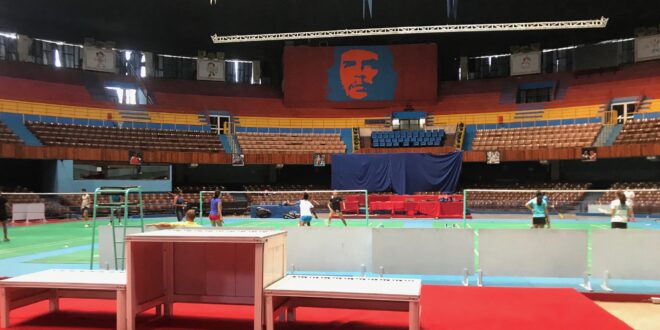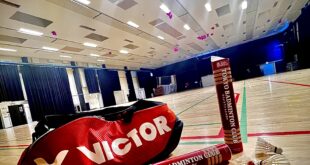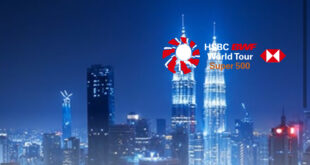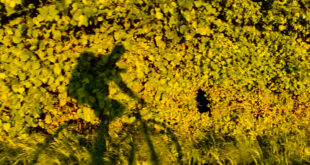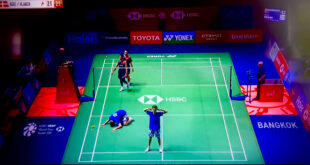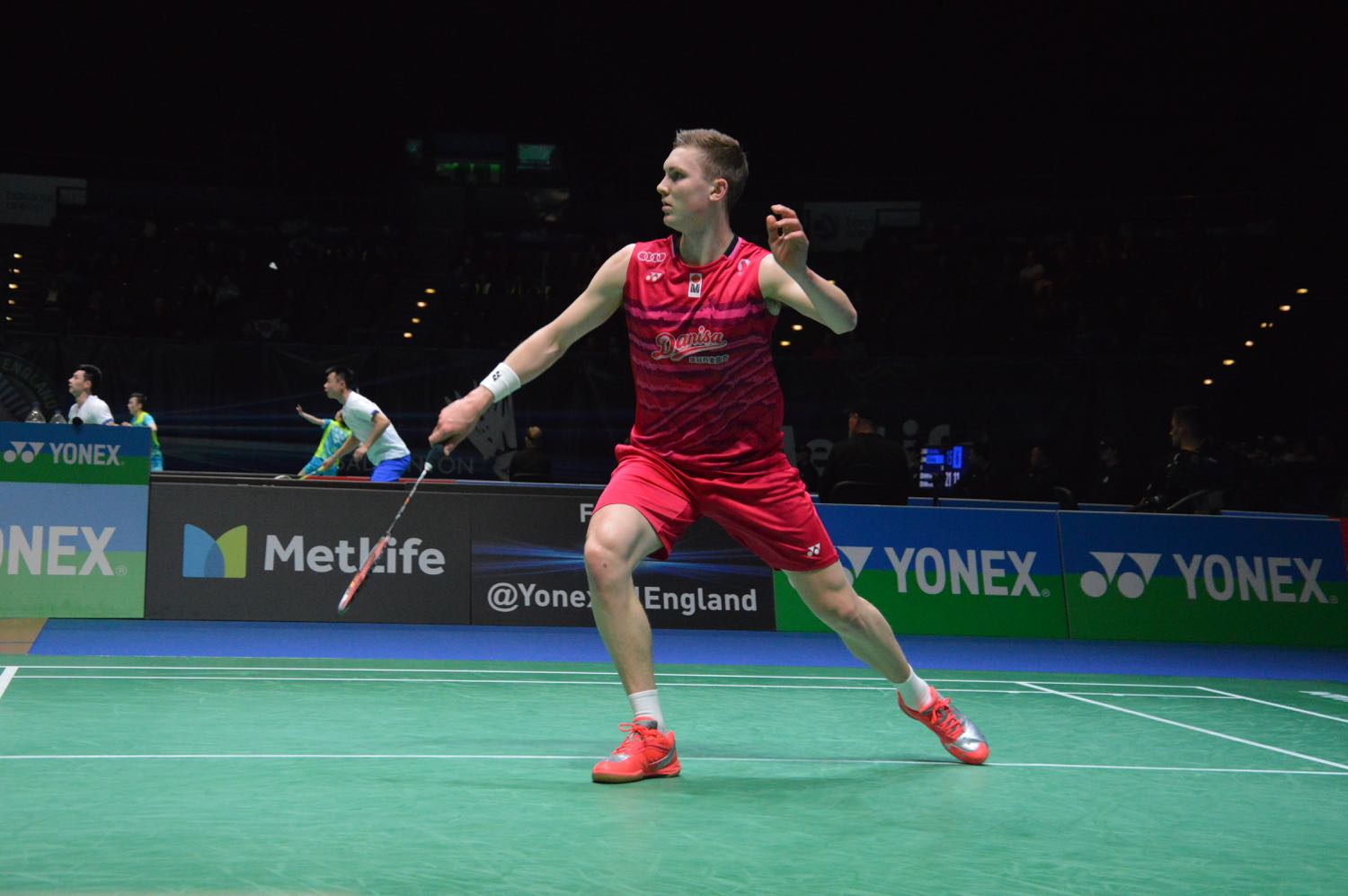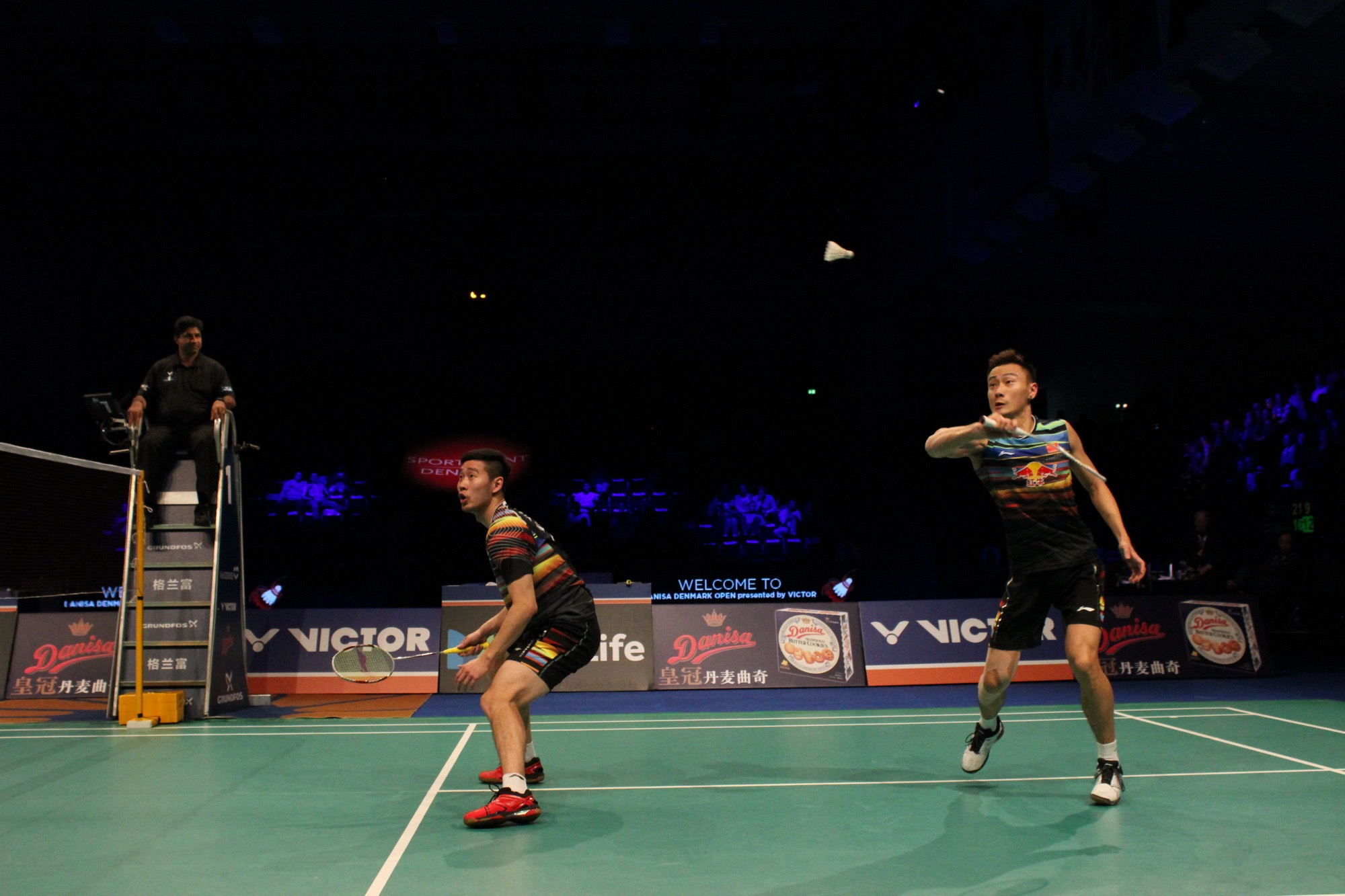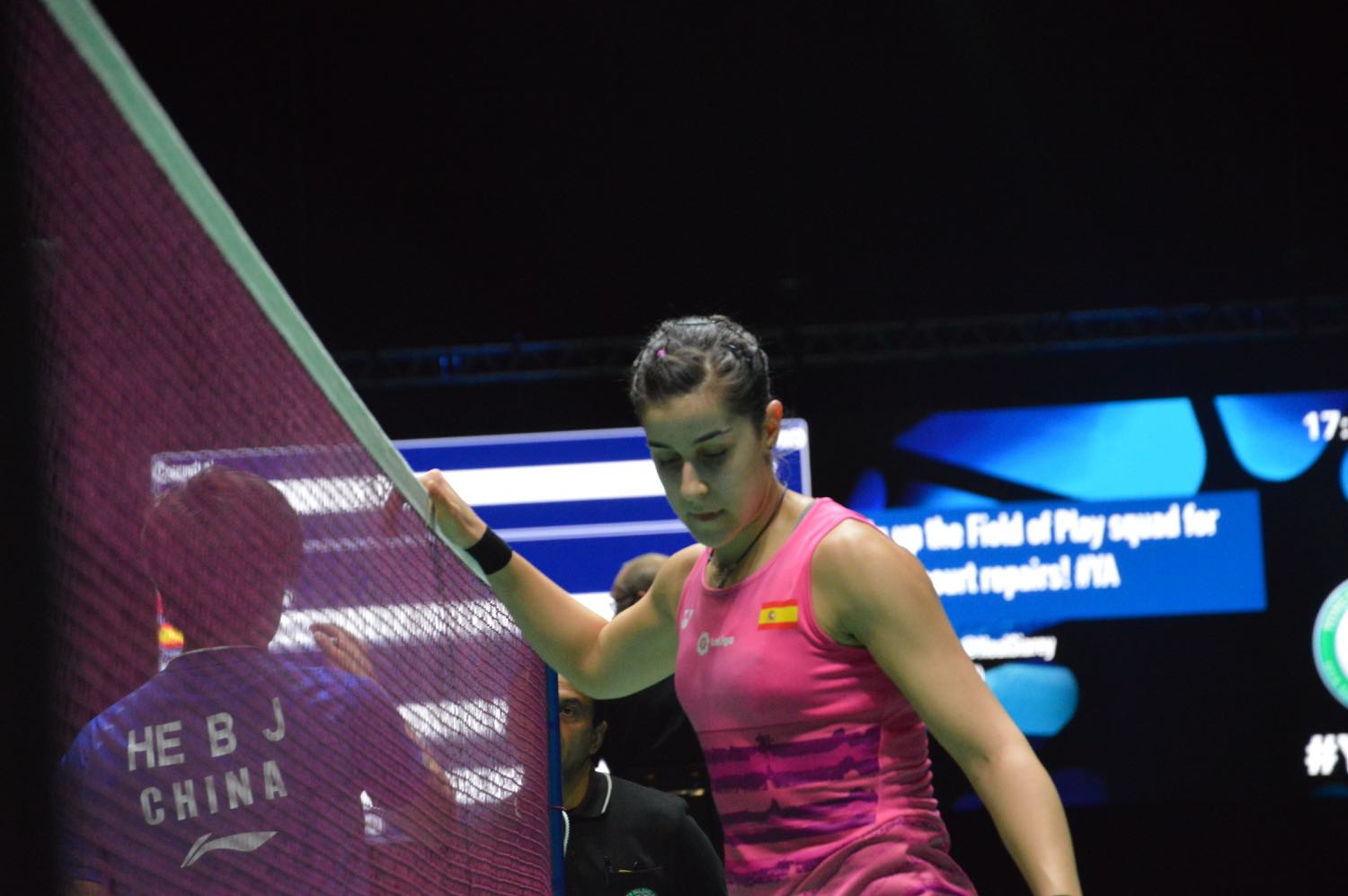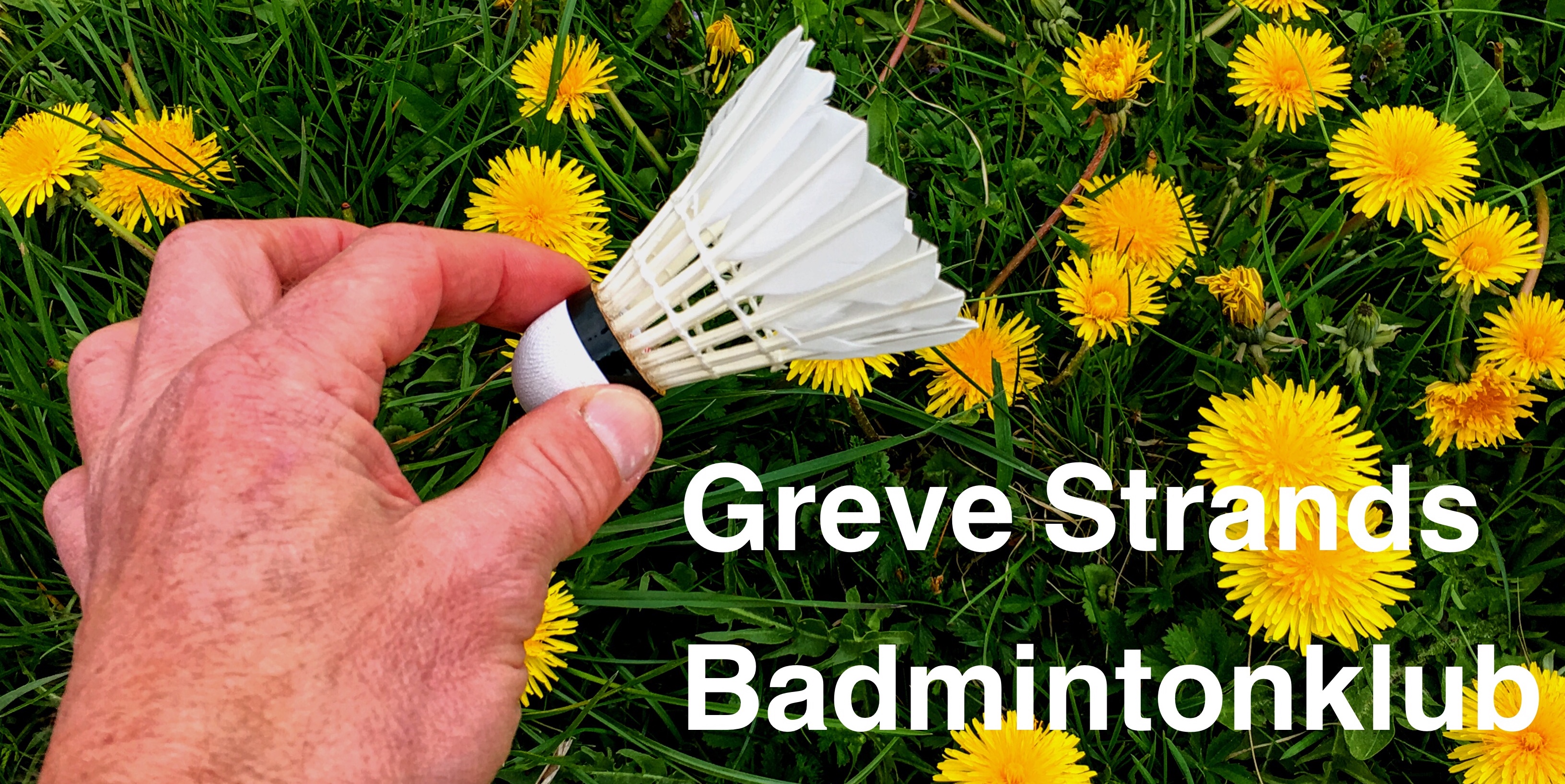![]()
Each tournament experience is greatly influenced by the reality of being in a specific country. Performance, however much it shouldn’t be, is often affected by the circumstances surrounding competition.
Such was the case when I played the BWF Future Series in the beautiful city of Havana Cuba back in 2018.
I flew in from Brazil after playing the BWF Brazil International Challenge. It was an exhausting 23-hour trip that took me from Campinas, Brazil to Sao Paulo, Miami, Panama City, and finally to Habana. I landed in Havana almost seven hours late. The airport had low ceilings, not quite enough lights, and the once-white floors looked dull brown. I stood in the Delta Service line waiting for my delayed bags until a little lady with no English grabbed my arm and brought me behind the counter, yelled at a few employees, and grabbed my bag from under a counter. She half dragged me through Customs and Immigration, waving her badge as we avoided the lines completely. She told me in Spanish that a truck would come get me.
By now it was almost two in the morning. I sat on the curbside until the airport emptied and all the little shops and money changers closed and waved their goodbyes. Finally, with the moon hiding behind the clouds and me sitting under the lone street light that lit the entrance of the airport, I saw headlights from a rattling truck. They picked me up, took me downtown, and dropped me off in front of a bullethole-ridden white concrete hotel with chipped pillars and left-over orange paint sticking in odd patches to the walls. It might be important to note that I did not stay in one of the tournament hotels in the tourist district. I instead opted for the cheaper option downtown, which was also recommended by the tournament organizers.
My reservation, which had been done by phone due to the lack of internet in Havana, had somehow been lost but they found me a room. I had not drank water in many hours, and asked for a bottle. After multiple “no’s” the hostess found a 500ml bottle of water and gave it to me.
I carried my bag up a long flight of chipped stairs. Every floor boasted groups of young teens drinking, smoking, and often dancing to the claps of their peers. Several young men asked me for my bottle of water. I joked that I would trade it for their whiskey, but kept the water to myself.
After finding my room, I settled onto a moth-eaten bed and shut off the single light in my room. Moments later there came pounding on my door.
“American, American!” The slurred words came from outside.I hesitantly opened the door. “Si?” I answered to a young, shirtless boy and a girl who hung off shoulder, both obviously drunk.“Can we have some of your bottled water?” they asked. “I am sorry, I drank it already,” I replied, and gently shut the door with a small wave.
The next day, after using the hotel phone many times to call the tournament organizers, no shuttle came to take me to the venue. I waited many hours at the front of the hotel. Finally I took a taxi to the venue because I had practice courts reserved, only to find the venue was not set up but completely locked up. I returned to the hotel and ate the included dinner, which, though cold, was a tasty variety of meat and beans and rice.
The next day, in an attempt to get to the venue, I called the tournament organizers multiple times from the hotel payphone to no avail. The guard, seeing my frustration, managed to get a hold of someone on the office phone and tell them I was trying to reach the venue. 1:00 pm they said. At 4:00 pm no one had come for me and I asked the guard to call again. You get the idea, it took awhile.
The day of the first round came. I got picked up in a rattling white van with no air-conditioning. We wove our way through picturesque cobblestone roads, old concrete houses with chipped paint and blue tarp covered windows. Then we sped down a long hill surrounded by giant trees, by a zoo, and finally to the venue. We arrived an hour and a half before my first match. The venue was an old dome building with a large scattering of skylights. I asked to pay my registration fee, which I was told I could not do yet.
After a long warm-up, I was ready to play.
They called my match at 10:30 am, right on schedule. I went to the staging area. I waited almost twenty minutes, still warming up. The referee wandered up casually. “You know,” he said looking away, “we cannot call your match until you pay your registration.”I explained my attempts to pay and that the organizers were waiting for someone who could take my money. He nodded. “Ok, no problem. You will play next match.”
The next match came and went, and my warm-up became a workout as I attempted to keep my body prepared to play. By now, the temperature had risen to the high thirties — Celsius of course. My water was becoming depleted, and there were no nearby shops to buy more.
At noon a man walked up to me and said I could pay him for both the hotel and the registration fee. I had USD for the registration fee, but had been told I could pay for the hotel with a credit card. To this he explained I would need to pay both with Cuban currency.
The price he gave me was nearly seven times the price quoted in the prospectus and it was needed in currency I did not have access to.
By the time we sorted it out and re-translated the prospectus, it was 1:30 in the afternoon. I had finished my water and eaten a Cliff bar because I was starving. We took off to the bank to exchange my American currency for Cuban dollars. The bank was a hole-in-the-wall concrete building surrounded by armed guards. We waited over an hour in awkward silence outside before being ushered in by guards. Multiple different guards counted my money, and then several attendants recounted it behind the bullet proof glass.
I got back to the gymnasium at 3:00pm, hungry and dehydrated to the point of a headache. “Half hour!” said the referee. “We want you on the tv court!” Dizzy from dehydration, hungry, and thoroughly frustrated, I lost my match.
I rebooked my ticket home for the next day with a new appreciation of focus under pressure and in difficult circumstances.
Written by Kevin Barkman, a Canadian badminton player and coach.
Youtube: https://www.youtube.com/channel/UCI8834Clt301lNPF6l9-BQg?view_as=subscriber
Gofundme: https://www.gofundme.com/f/u6yj94-kevin-barkman-hope-through-sports
Website: kevinbarkmanbadminton.com
 BadmintonBladet flest nyheder om badminton
BadmintonBladet flest nyheder om badminton
